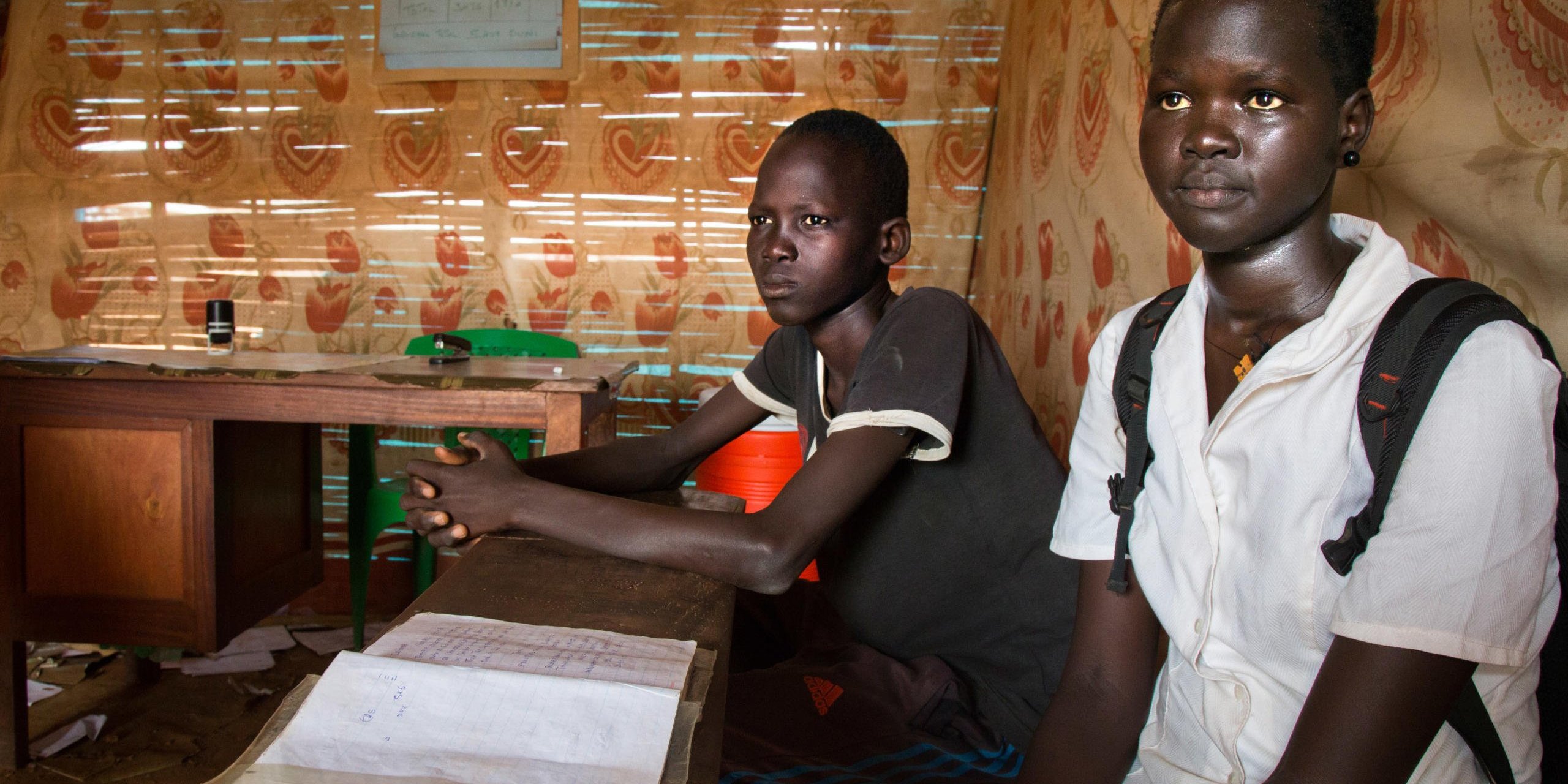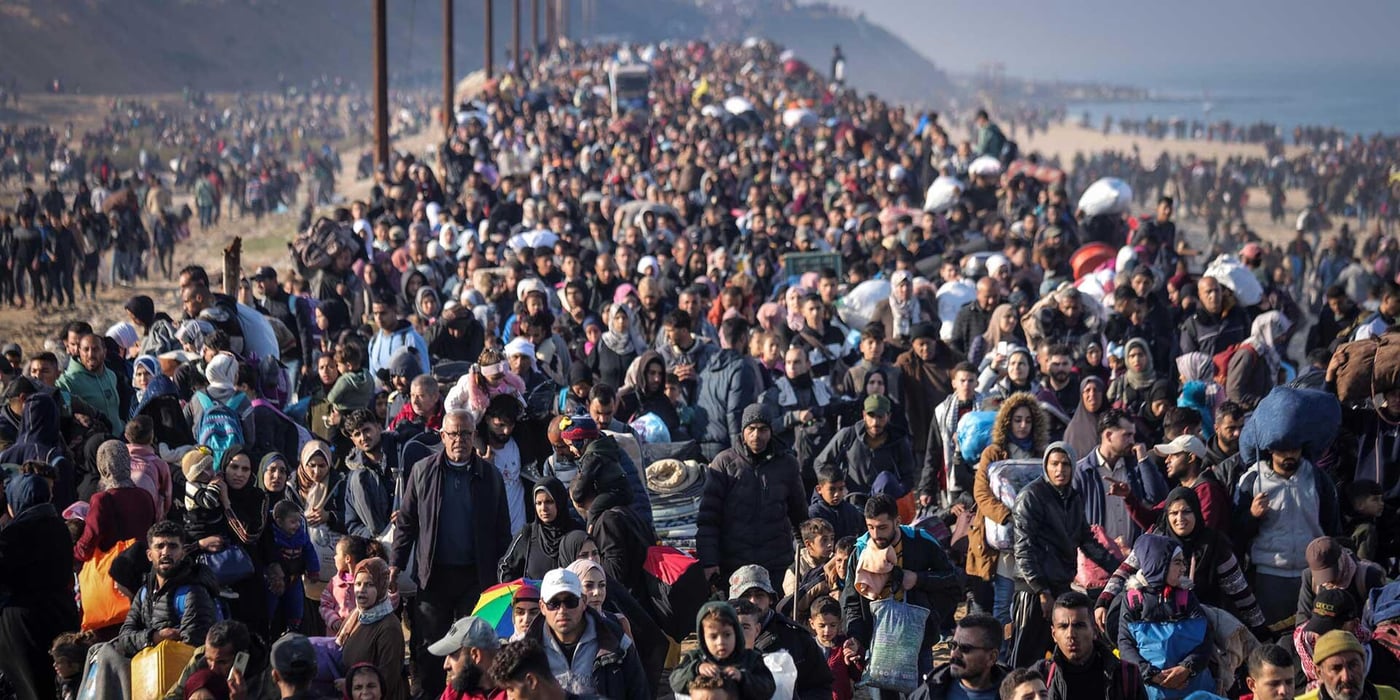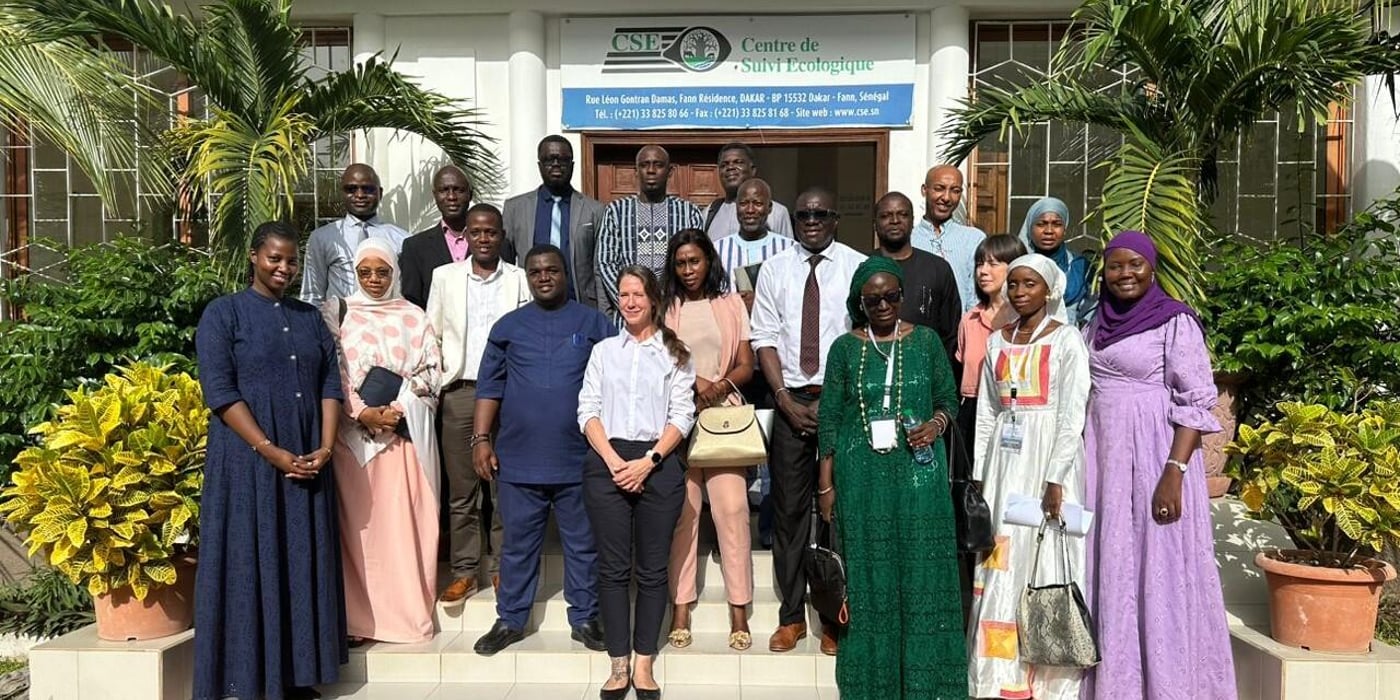
Among the world’s displaced people, youth are disproportionally affected representing over 33 per cent of the population. However, their concerns are rarely heard and their needs seldom prioritised in humanitarian planning and response.
“Humanitarian interventions rarely target youth who are perhaps the most underserved among displaced people. This gap leaves displaced youth vulnerable and exposed to risk, which has long term consequences, not only for their own future, but also for the wider community,” said NRC´s Global Youth Specialist, Emma Bonar.
Globally, over 620 million youth are not in education, employment or training. In Africa alone, 10 million more youth arrive each year in the labour market. These social and economic challenges are exacerbated for displaced youth. Many live in a state of ‘limbo’ – often with no access to education, without opportunities to earn a living, or even the right to work, as is the case in many countries.
“Many of us are orphans, our parents have died and we are left to take care of our siblings. Nobody is here to help us, nobody stands with me to achieve what I want to achieve. I wanted to be a teacher or a doctor but I wasn’t able to go to school. I didn’t even have a book or a pen. I have now joined this project to learn how to be a hairdresser and hopefully earn money in the future,” 22-year-old a young, displaced woman from South Sudan told NRC. She attends NRC´s vocational trainings.
In South Sudan, many youth have been forced to flee their homes due to conflict They face limited employment opportunities and lack of support to access vocational or higher education opportunities.
“These young people have lost their fathers, sisters, husbands and daughters, leaving them responsible for younger siblings and family members. Their youth has been interrupted, their hopes shattered and their futures have become uncertain” said Bonar.
“On International Youth day, I am reminded of all the amazing young people I have met who are motivated, ambitious and keen to help overcome the difficult reality they face. They have huge potential and we must step up our efforts and provide more support to youth to allow them to regain control over their futures and develop into educated, productive and engaged members of society,” Bonar said.



